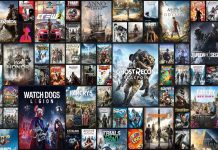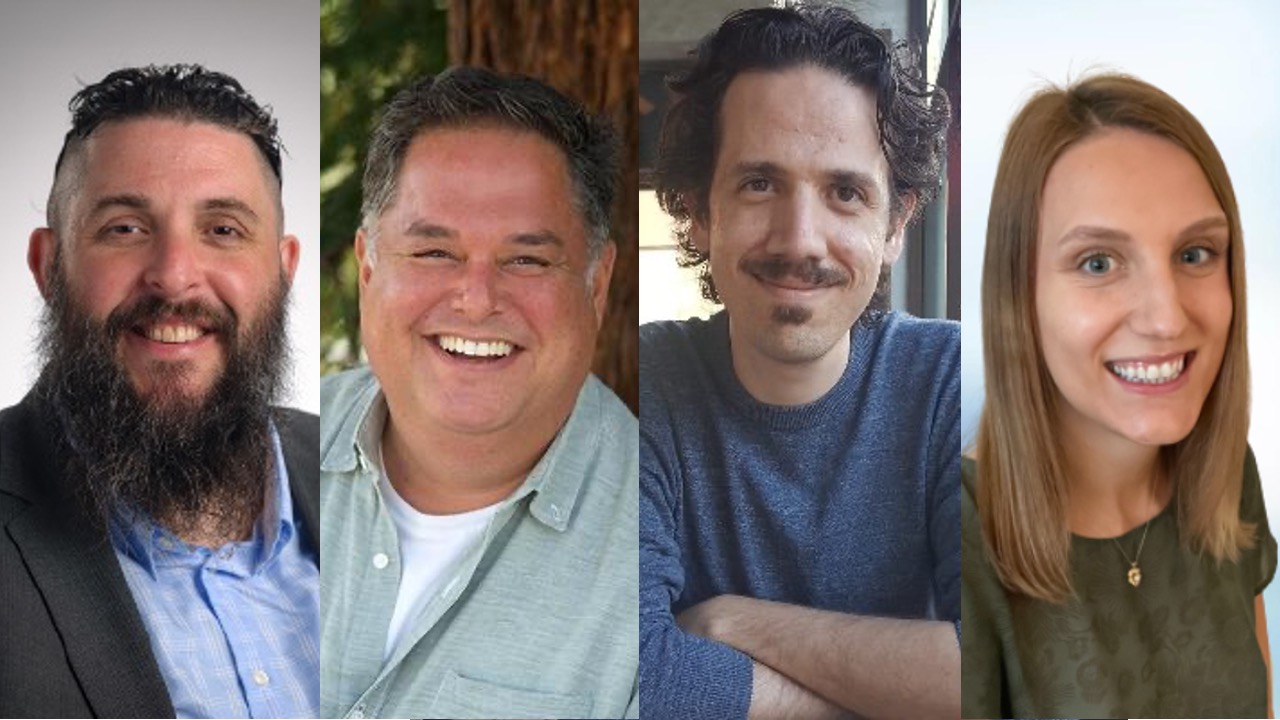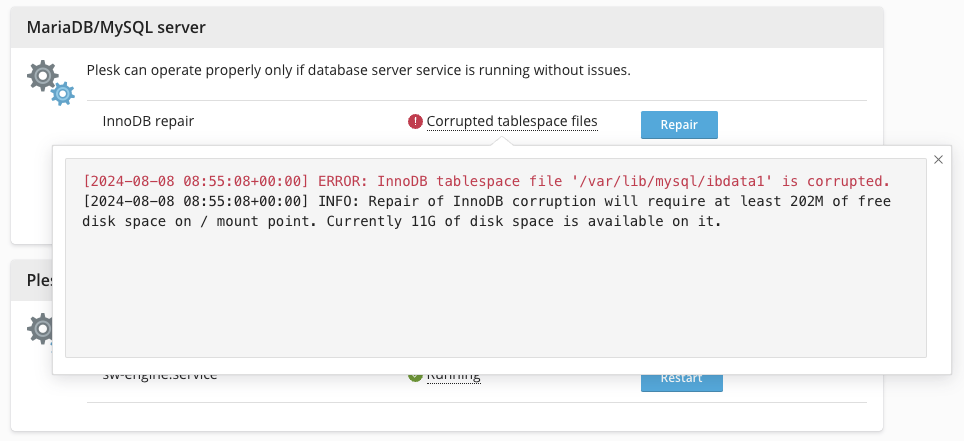—
NASA Ames Science Directorate Honors Four Exceptional Contributors
The NASA Ames Science Directorate has recently acknowledged the remarkable contributions of four distinguished scientists: Ryan T. Scott, Mike Kubo, Ehsan (Sam) Gharib-Nezhad, and Kristen Okorn. These individuals embody the spirit of dedication, teamwork, and innovation that is essential for advancing NASA’s mission of exploring Earth and the cosmos.
Ryan T. Scott: Champion of Space Biosciences
Ryan T. Scott, a scientist within the Space Biosciences Research Branch (SCR), has made significant strides in the field of space biology. As the Science Lead for the Open Science Data Repository (OSDR) and the chair of the Ames Life Sciences Data Archive (ALSDA) analysis working group, Scott oversees a team of nearly 200 professionals. His leadership was instrumental in the creation of the Space Omics and Medical Atlas (SOMA), which is the largest-ever compilation of data related to aerospace medicine and space biology. This monumental effort has provided invaluable insights into how living organisms, including humans, adapt to the conditions of space.
Mike Kubo: A Pillar in Space Science
Mike Kubo, a key member of the Exobiology Branch (STX), is renowned for his expertise in astrobiology and biogeochemistry. His research is pivotal in understanding the potential for life beyond Earth. Kubo’s keen attention to detail recently averted a crisis when he detected an impending failure of a crucial research-grade freezer that housed irreplaceable samples. His swift action in identifying a replacement ensured the preservation of these vital resources. Kubo’s vigilance and dedication exemplify the qualities that make him an indispensable asset to the NASA team.
Ehsan (Sam) Gharib-Nezhad: Innovator in Planetary Science
Dr. Ehsan (Sam) Gharib-Nezhad, a data and research scientist with the Planetary Systems Branch (STT), specializes in the study of exoplanetary atmospheres and the application of artificial intelligence (AI) and machine learning (ML). His recent appointment as the lead for the Habitable Worlds Observatory (HWO) working group on AI/ML highlights his expertise in these cutting-edge technologies. Gharib-Nezhad’s work is crucial in advancing our understanding of exoplanets and their potential to support life, bridging the gap between data science and planetary exploration.
Kristen Okorn: Advocate for Earth Science and Education
Kristen Okorn, a research scientist with the Bay Area Environmental Research Institute (BAERI) and affiliated with the Atmospheric Science Branch (SGG), plays a vital role in NASA’s efforts to monitor and respond to natural disasters. As one of the two center coordinators for NASA’s Disasters Response Coordination System, Okorn helps manage the agency’s response to environmental crises. Additionally, she is the principal investigator for the NASA Mentoring and Opportunities in STEM with Academic Institutions for Community Success (MOSAICS) seed project. This initiative focuses on year-round, hands-on learning and mentoring for undergraduate students from Whittier College, a minority-serving institution. The project aims to equip students with skills in using low-cost sensors and satellite-based measurements to study regional air pollution, fostering the next generation of scientists.
Expanding Horizons with Space Biosciences
Space biosciences is a field dedicated to understanding how the unique conditions of space affect living organisms. This research is crucial for long-duration space missions, such as those to Mars or beyond. Ryan T. Scott’s work with the ALSDA and the OSDR is a testament to the importance of data sharing and collaboration in this field. By making comprehensive datasets available to the scientific community, Scott and his team are enabling researchers worldwide to explore new frontiers in space biology.
The SOMA initiative, which Scott significantly contributed to, aggregates data from various space missions and experiments. This extensive database helps scientists analyze how microgravity, radiation, and other space-specific factors impact biological systems. Such insights are vital for developing countermeasures to protect astronauts’ health during long-term missions.
Astrobiology and the Search for Life
Astrobiology is the study of the origin, evolution, and distribution of life in the universe. Mike Kubo’s contributions to this field are invaluable, particularly his work in biogeochemistry, which explores the chemical processes that support life. By understanding these processes, scientists can better identify potential biosignatures, or signs of life, on other planets.
Kubo’s quick thinking in preserving critical research samples underscores the often-overlooked importance of maintaining the integrity of scientific resources. His actions ensured that ongoing research efforts were not disrupted, allowing the scientific community to continue its quest for knowledge without interruption.
Advancements in AI and Machine Learning for Planetary Exploration
The application of AI and ML in planetary science is revolutionizing the way researchers analyze data and make discoveries. Dr. Ehsan (Sam) Gharib-Nezhad’s leadership in the HWO working group is paving the way for more efficient and accurate analysis of exoplanetary data. AI and ML algorithms can process vast amounts of information quickly, identifying patterns and anomalies that might be missed by human analysts.
These technologies are particularly useful in the study of exoplanetary atmospheres, where they can help detect the presence of gases that might indicate biological activity. Gharib-Nezhad’s work is enhancing our ability to identify potentially habitable worlds, bringing us closer to answering the age-old question: Are we alone in the universe?
Empowering the Next Generation of Scientists
Kristen Okorn’s involvement in the MOSAICS project highlights the importance of education and mentorship in STEM fields. By providing undergraduate students with hands-on experience in using sensors and satellite data to monitor air pollution, Okorn is helping to cultivate future scientists who are well-equipped to tackle environmental challenges.
NASA’s Disasters Response Coordination System, which Okorn helps manage, is crucial for responding to natural disasters such as hurricanes, wildfires, and earthquakes. By leveraging satellite data, the system provides real-time information to aid in disaster response and recovery efforts. Okorn’s dual role in research and disaster response exemplifies the multifaceted nature of modern scientific careers.
Conclusion
The achievements of Ryan T. Scott, Mike Kubo, Ehsan (Sam) Gharib-Nezhad, and Kristen Okorn are a testament to the talent and dedication found within NASA Ames Science Directorate. Their work not only advances our understanding of space and Earth sciences but also inspires future generations to pursue careers in these vital fields. By recognizing their contributions, NASA underscores the importance of collaboration, innovation, and education in achieving its mission to explore the unknown and improve life on Earth.
These scientists’ accomplishments serve as a reminder of the incredible potential that lies within the scientific community. As we continue to push the boundaries of knowledge, it is individuals like Scott, Kubo, Gharib-Nezhad, and Okorn who lead the way, making discoveries that could one day change the course of human history. Whether through preserving critical research samples, developing new technologies, or mentoring the next generation, their contributions are invaluable to NASA’s mission and to the broader scientific endeavor.
For more Information, Refer to this article.





















![The Apex Legends Digital Issue Is Now Live! Apex Legends - Change Audio Language Without Changing Text [Guide]](https://www.hawkdive.com/media/5-Basic-Tips-To-Get-Better-On-Apex-Legends-1-218x150.jpg)







